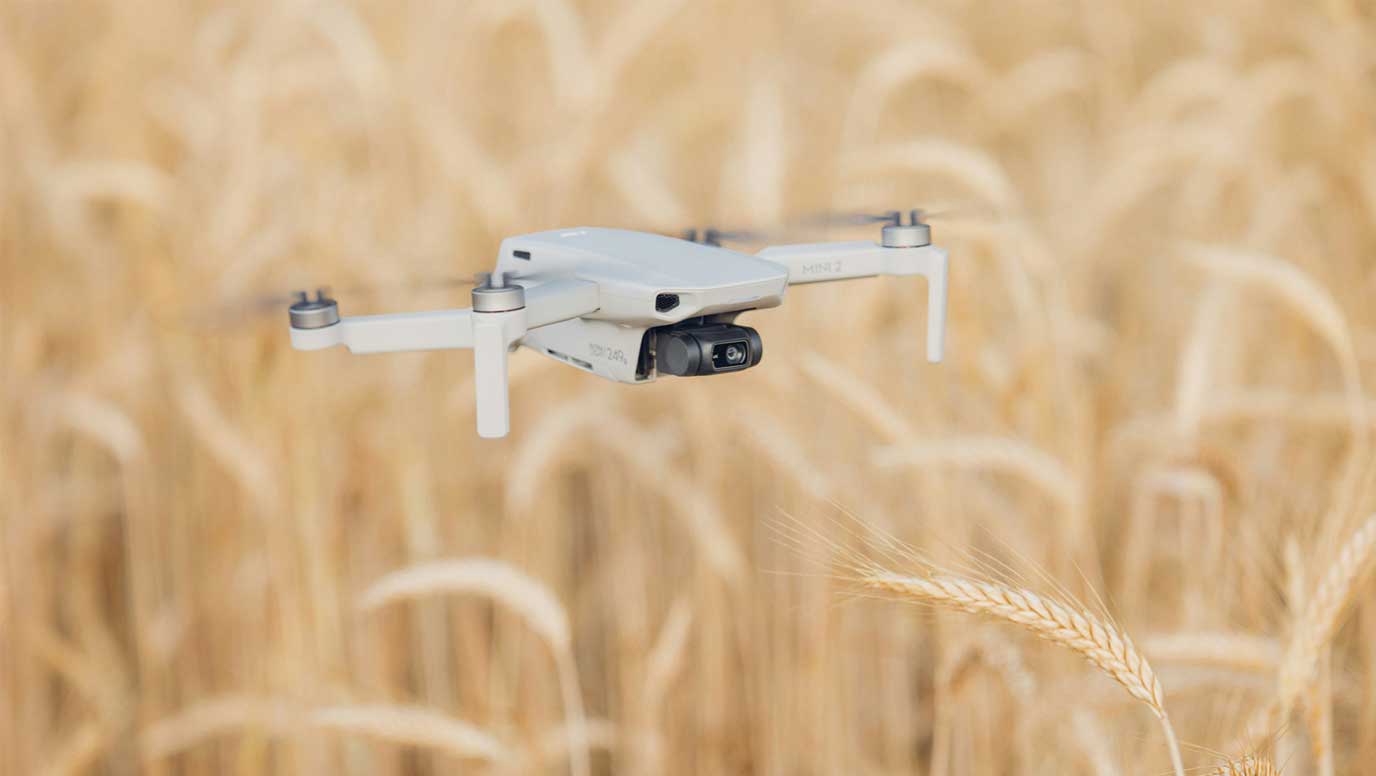The use of drones in farming taking off – as are the legal implications

Steve Frost, director of UK company SAS Land Services, recently reported in an article for the BBC that the company has so far this year provided drone services for 3,500 acres of farmland and that this is already over four times as many acres as last year.
Across the UK, farmers are turning to artificial intelligence and drone technology to help improve productivity, reduce waste, and adapt to changing environmental demands. While these innovations promise significant gains, their use also raises a host of legal questions of which farmers and their service providers need to be aware.
When combined with AI software, the data collected from agricultural drone use can be utilised to monitor crop health, predict yields, detect early signs of disease or pest infestation, and analyse livestock behaviour. In addition, rather than applying fertilisers or pesticides across entire fields, farmers are now able to use AI to pinpoint exactly where interventions are needed, this reduces both costs and environmental impact.
Such technologies also support soil conservation as drones can gather detailed field data without contributing to soil compaction, a significant problem which can be caused by the use of heavier farming equipment.
Information generated from the sue of drones may well have significant monetary value, not just to the farmer concerned, but also the drone operator, other landowners, competitors, and potential acquirers of any farmland concerned.
Accordingly, it is important that such information is protected in a secure environment, whether locally or on the cloud, with regular back-ups taken. The broader question however, is who owns that data? Particularly where the information is obtained by an independent drone operator.
Can it be shared, reused, or monetised by the drone operator? What rights does the farmer retain? It is essential that those issues are dealt with in the agreement with any such third-party drone operator.
Further considerations arise in relation to use of data collected when AI-generated insights provided by drones are used to make farming decisions. If a system misinterprets the data and that leads to crop failure or financial loss, who bears the responsibility? Liability could potentially fall between the farmer, the drone operator (if a third party), the software provider, or a combination of the three. Well-drafted contracts need to anticipate these possibilities and clearly assign risk and responsibility.
There are of course also regulatory and privacy considerations to be taken into account when carrying our drone operations. The Civil Aviation Authority governs drone use in the UK, and any “Unmanned Aerial Vehicles” (i.e. aerial drones) operating beyond the visual line of sight of the remote pilot or spraying substances from the air, must meet strict compliance requirements.
Further, while UK law does not grant landowners full control over all airspace above their property, flying drones over private land can still potentially constitute trespass or nuisance to adjoining property owners, depending on the circumstances. Hence care should be taken to ensure, so far as is possible, that drone flight paths do not cross the properties of neighbouring properties.
There is also the issue of data that might be picked up by a drone from neighbouring properties or residences (even if not flying over them). That could potentially include sensitive personal data, and raises the possibility of consent being required from neighbours to retain or use any such data.
Environmental issues also need to be taken into account when carrying out drone activities in a farming/rural area. Agricultural drones can generate significant amounts of noise, which can disturb both wildlife, and farmed, and domestic animals, particularly during breeding seasons. Where drones are used in ecologically sensitive areas, drone operators will need to ensure compliance with the Wildlife and Countryside Act, particularly near protected habitats.
As drone use in farming continues to grow, the legal issues and the legislation surrounding its use are bound to grow accordingly. For farmers, drone operators, and those others operating in the sector, getting the legal foundation right can make all the difference in reaping the substantial benefits from the smarter farming drone use can assist in fostering.
For further information email Quentin Golder quentin-golder@birketts.co.uk or telephone +44 1223 326 586 / +44 7983 385839.


